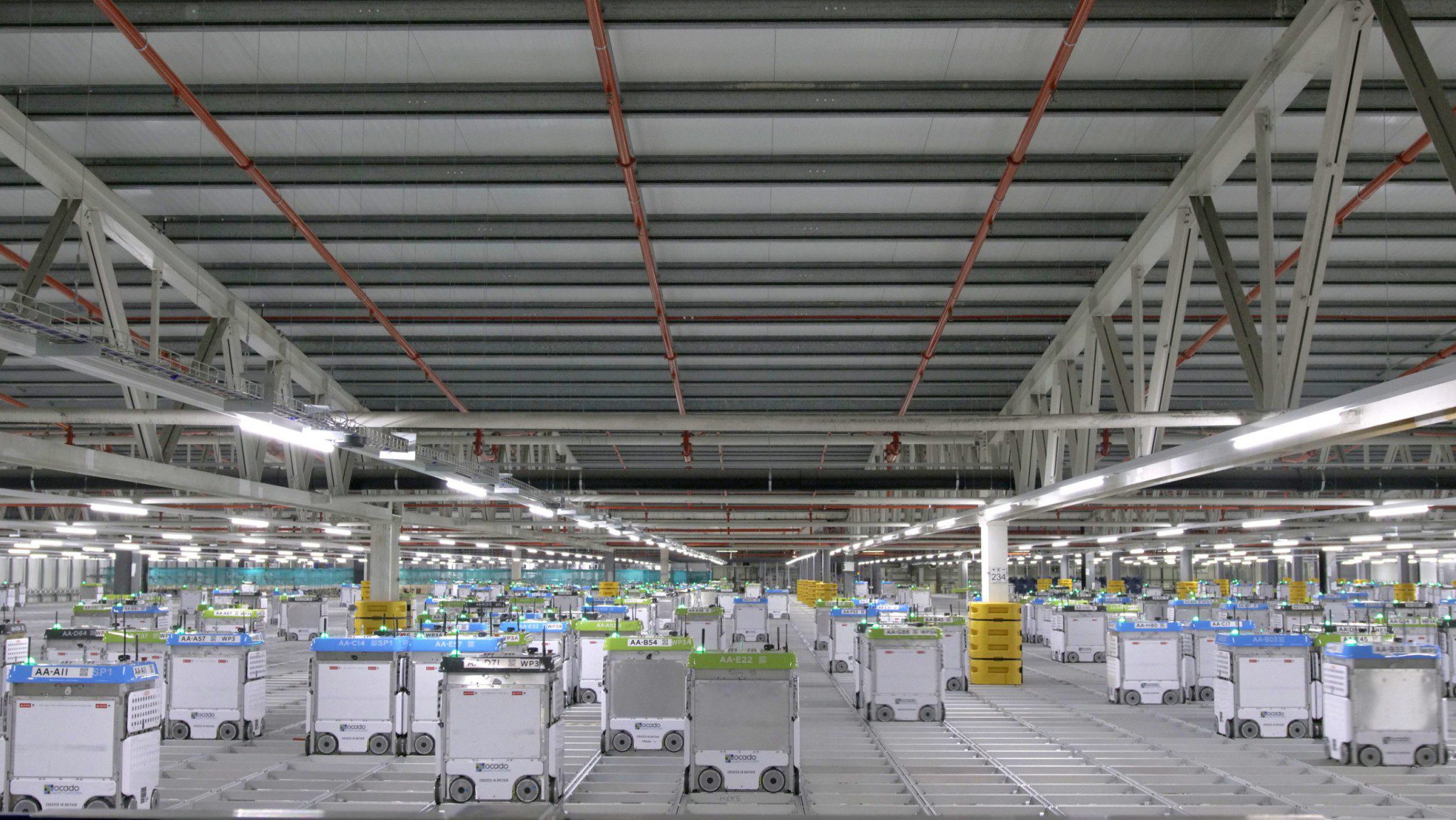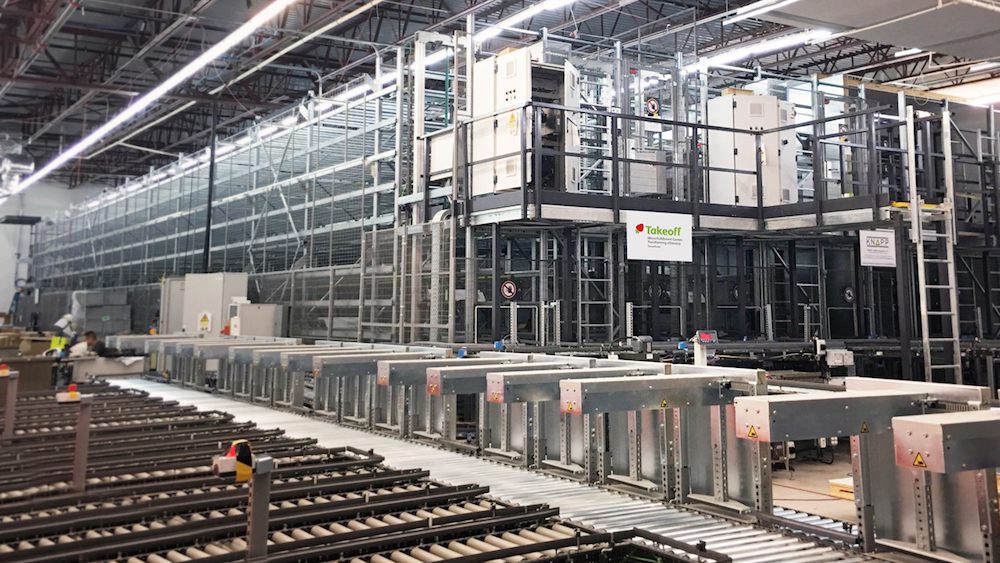Grocery retailers are finding new ways to meet customer demands. Specifically by embracing micro- grocery fulfillment centers for online orders. Once the grocery retail industry made the transition to including e-commerce back in 2018, the game changed for grocery retailers across all boards. [i]
“According to the report, retailers like Target, Amazon, Kroger and others have invested $28 billion in e-commerce in just the last 18 months.” [i]
“Of all the purchases made on an annual basis by consumers, food and groceries are purchased the most.” [i] With the current pandemic our world is facing, two tier retail structures are the new norms for all retail sectors. There are two tiers: those selling essentials and those not. [iv] Retailers continue to seek creative, innovative strategies to remain operational during the ongoing shelter-in-place orders. They are leveraging the internet in novel ways to provide customers with necessary information and products.
While online shopping for non-essentials like clothing and toys is enjoyable, a crucial query arises. How will essential retailers, such as grocery stores, manage their operations as the shelter-in-place persists? The solution is clear: transition your business online!

Image via https://www.forbes.com/sites/brittainladd/2019/02/01/crossing-the-rubicon-why-2018-was-the-point-of-no-return-for-online-grocery/#3ff0b8e54467
Big names like Amazon, Walmart, and Google are all stepping into the grocery sector of retail. Many grocery retailers’ business endeavors are based on the way our world is turning: reducing in person interaction and increasing online presence. With that being said, how do grocery stores, who thrive on in-person interactions to continue business, keep up with the current retail trends? Grocers have turned to grocer fulfilment robotics in micro-fulfilment centers. Which are guesstimated to be around 10,000 sq. ft. in contrast to typical regional distribution centers sized around 60,000 sq. ft. [ii]
“U.S.-Israeli robotics startup Fabric, which builds automated micro-fulfillment centers for retail customers, is starting construction on its first U.S. grocery site this quarter.” [ii]

These micro-fulfilment systems can spit out up to 4,000 orders a week, while taking up a smaller amount of space in more urban areas. [ii] Given the current situation and the need for e-commerce grocery shopping, Takeoff Technologies, a company that provides technology solutions for robotic fulfilment is building automated fulfilment centers for a number of retailers including Albertsons, Loblaws, Sedano’s, and Shoprite. [iii]
“The demand for online grocery is up 80 percent to over 100 percent at our facilities,” says Curt Avallone, the Chief Business Officer of Takeoff Technologies [iii]
Avallone is saying that the average basket size per online order is up, averaging around $200 per “basket size”. Compared to the normal $150 before the Coronavirus outbreak. Moreover, Fabric recently published a report which predicts that online grocery shopping in the U.S. could rise to 12% by the end of the year. [iv] Avallone also said that more grocers are turning to micro-fulfillment centers. As they are anticipating more orders being online in the coming months. As the retail climate is changing rapidly with our current economy and situation. Indeed, grocers are determined to not fall behind.

As the future of grocery evolves and stores adapt, Avallone highlights that retailers need to invest $3 – $4 million to integrate a robotic fulfillment center. With Takeoff Technologies solutions becoming operational within 12 to 16 weeks. Studies show that 60% of US shoppers are hesitant to visit grocery stores. This is prompting grocers to give priority to online e-commerce fulfillment centers in order to meet customer demands. To ensure profitability, retailers must emphasize customer satisfaction and safety during COVID-19.
However, amidst the significant role of technology solutions for these new facilities, the question arises: Who will handle construction and management? Who will oversee electrical work and facility maintenance? This is where Rogers plays a vital role. We are armed with extensive industry expertise and experience from similar projects across Distribution Centers nationwide. Our technicians are well-prepared to take on these tasks. Discover our achievements in DCs across the country on our website.



